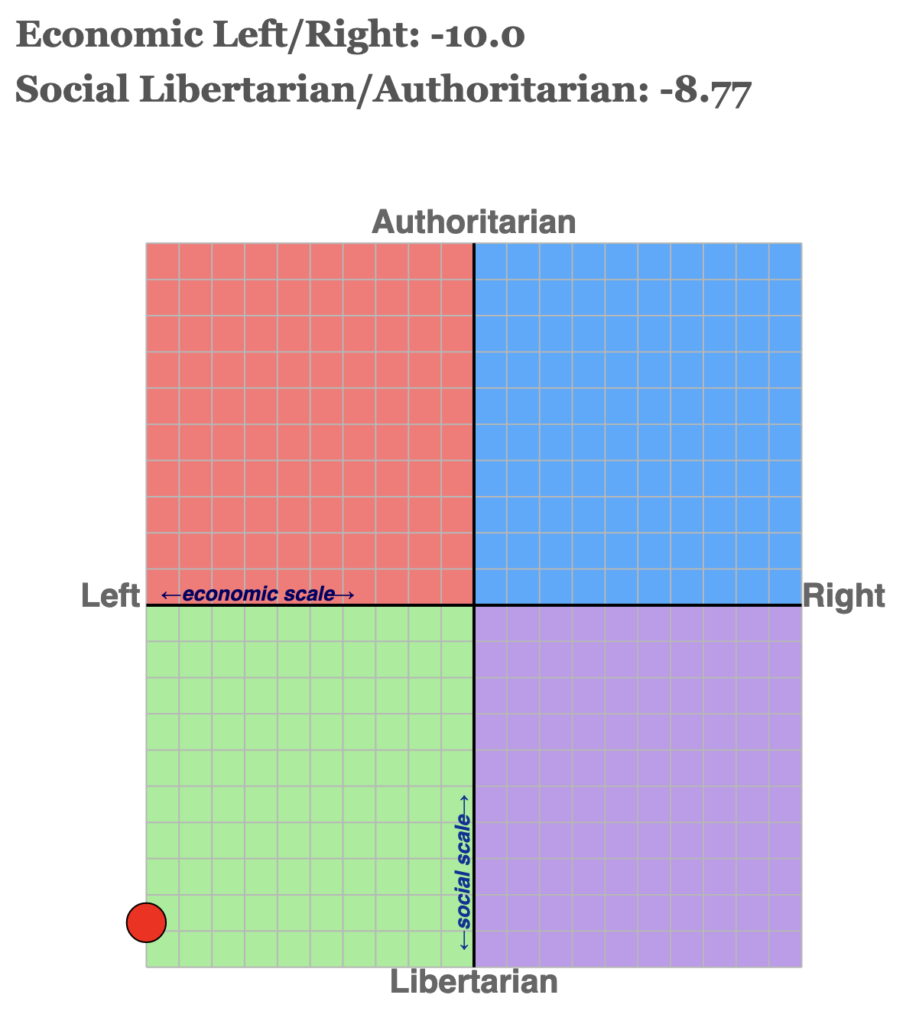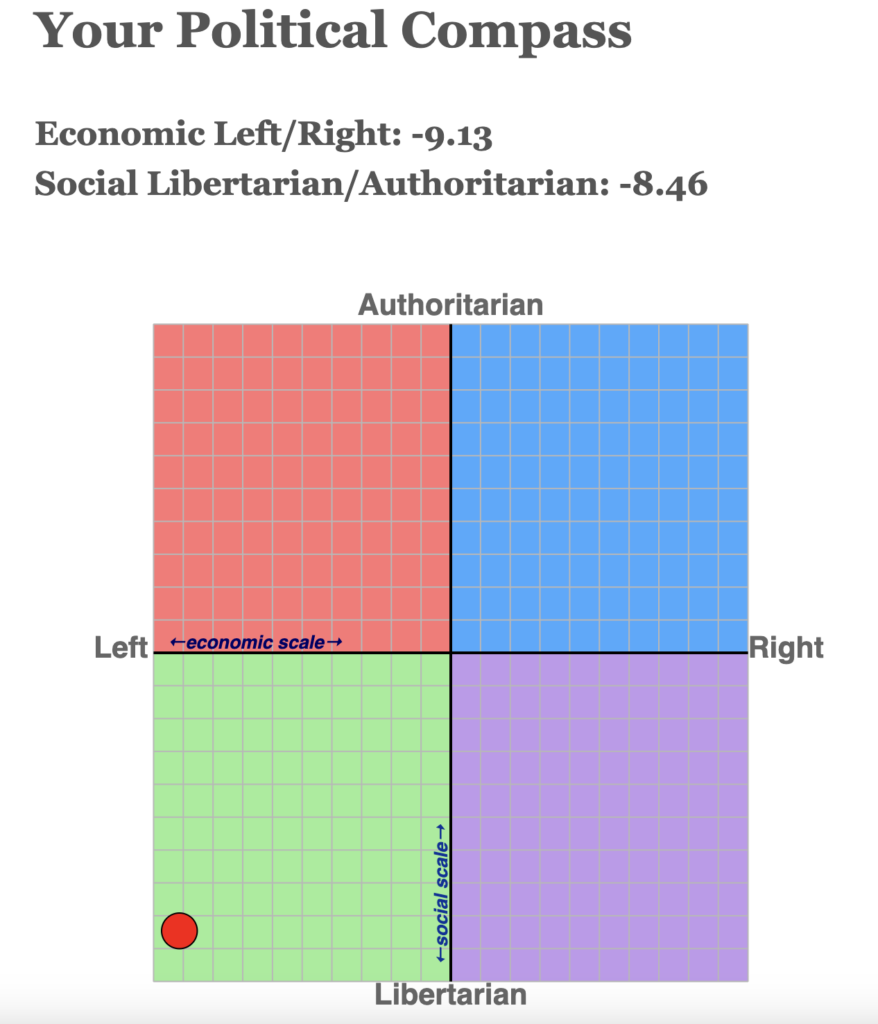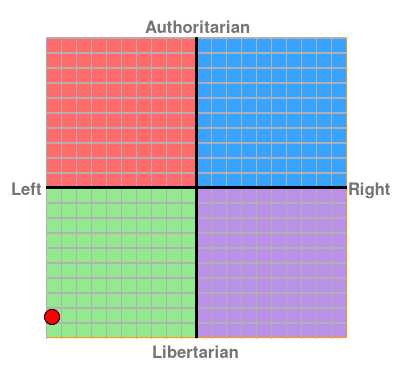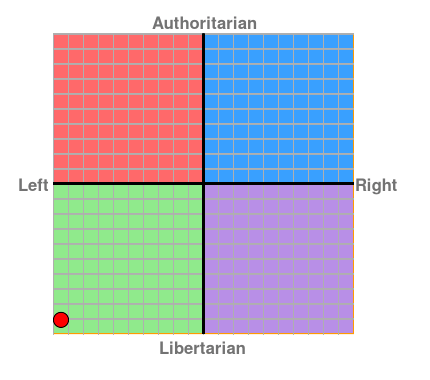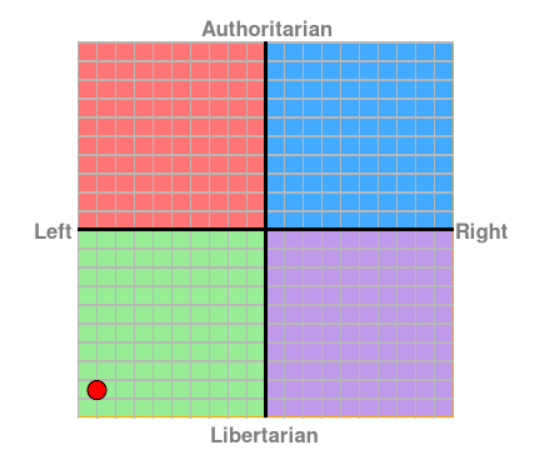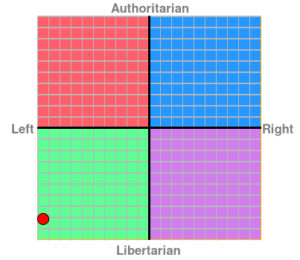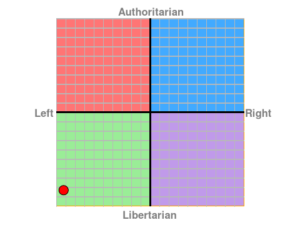Establishment Dems talk about ideological purity a lot and how the Left demands it, refuses to vote for candidates who aren’t ideologically pure, and thus, hurt the party. They frame this as “the Left won’t vote for anyone who’s not a hard-charging Bernie Sanders-style anti-capitalist crusader, and this is why Republicans win!” While there are definitely some on the Left who will agree on the first part, the second part is a total lie. The vast majority of those demanding “ideological purity” from Dems are literally just asking Democrats to run candidates who support Democratic ideals. The problem is, the rank and file and the establishment have very different ideas of what those are.
The Democratic Party is, in essence, a center-right, pro-business, socially moderate party with no strong ethos other than “don’t upset the money.” It is the GOP from 50 years ago, just with less backbone. The problem is that everyone who is in favor of that is either rich, in their 90s, or in the ground already. The modern non-GOP voter wants candidates that will work for them. And when I say “work for them,” I don’t mean some nebulous “work for the people,” I mean “actually make the lives of the non-rich better in these highly quantifiable ways.” The establishment does not agree with this.
The starkest difference between the Dems and the GOP is how they deal with ideology within their parties. The GOP has allowed a fringe authoritarian ideology drive them for the last 40+ years, leading to what we have today. Why? It’s loud and preys on fear, and it works. Older GOP politicians probably aren’t the raving proto-fascists we see today from the party, but pantomiming it to secure and maintain power makes them seem like that. Younger GOP pols? Wearing jackboots. Why? Because that increasing curve into authoritarianism generated true believers, who are beginning to take over. It went from “Mexicans are going to take your jobs!” to “we either win elections at the ballot box, or at gunpoint” because leading by fear produces extreme results.
Dems, on the other hand, refuse to be lead by their party. The establishment demands top-down control, and the top does not care much about the bottom. What it does let itself be lead by, unfortunately, is “The Middle.” The problem here is that, in our two-party system*, “The Middle” only matters if both parties are fighting over it. The GOP is not. It does not need the political center, because it operates on fanatical turnout from its base coupled with driving turnout down among others. The GOP does this in two ways: 1) making it difficult or impossible for those that aren’t likely to vote for them to vote at all and 2) preying on the discord the Democratic party itself generates internally to drive down turnout. And in doing this, they shift the center. The GOP has managed to shift the Overton window steadily to the right for decades by painting moderate Dems as burgeoning Stalinists, and in response, the Dem establishment moves to the right to try to prove them wrong. Spoiler alert, it doesn’t work.
There are, of course, “independent” voters, but they don’t represent “The Middle.” Most of them are low-info, reactionary voters who show up once every four years to vote for whichever candidate has made them care more. To be fair to them, though, most voters are low-info, because neither party likes an informed electorate. Independents tend to say they don’t like either party, but typically it’s more that they don’t care enough to form an opinion longer than it takes to vote. The GOP strategy toward this group is either to keep them home or make them angry at Dems. Both strategies are super effective, because both are easy.
Look at when Dems have won – years that the GOP has been in control when the economy has tanked. Look at years the GOP has won – all the others. They win elections when they’re destroying the country, as long as the money isn’t being touched, because they excel at blaming Dems for their own failures and only lose when those failures are so horrifically large to shift all the blame on. Democrats, on the other hand, are completely inept at even taking credit for their own wins, and are constantly playing catch-up, which, in turn, moves the Overton window farther to the right.
This, in turn, leads the Dem establishment to further marginalize and demonize voices within the party calling for a move to the left, because they still think they can win “The Middle” by being centrists. The only thing they do is create a larger, more disaffected bloc that cannot be relied on to turn out. Rinse, repeat, definition of insanity. “But they won in 2020!” Did they? 2016 and 2020 should have been layup elections where they not only won the White House, but supermajorities in Congress. 2020 was not a win. All it did was barely hold the line. Heavily on display was the Dem establishment strategy of attacking the concept of ideological purity in favor of “what wins.” TWENTY-NINE Dem candidates for President, and they were mainly there to paint candidates like Sanders and Warren as outside the mainstream.
Contrary to what the Dem establishment would have us believe, “what wins” is candidates who say stuff like “it would cost lest money and lower your taxes to forgive student loans so let’s do it” instead of touting GOP lines like “what about people who paid theirs off?” Dem candidates aligning themselves with the establishment will pile on any outsider who says stuff that upsets the money, and piling on draws the money. Dems calling other Dems “socialist” is hilarious, because if you stop using that word and list what it means, that polls extremely well. But the money doesn’t like it. The only ideological purity that the Dem establishment cares about is fealty to the money.
And that’s the biggest difference between the Dems and the GOP. For all the squawking Dems do about ideological purity, the GOP has been practicing this for quite some time, and it works terrifyingly well. Republican voters purge anyone with even a hint of moderation in their primaries, general election consequences be damned, because their party is willing to sacrifice borderline districts in order to increase turnout everywhere, and slowly eat up more control of the process. GOP candidates that lose are considered failures unto themselves for not being pure enough. The Dem establishment paints center-left leaning candidates as threats to general election success, and either paints establishment candidate wins as vindication, or losses as the result of leftist spite.
* Yes, a two-party system, because like it or not, our Constitution does not allow for viable third parties.

